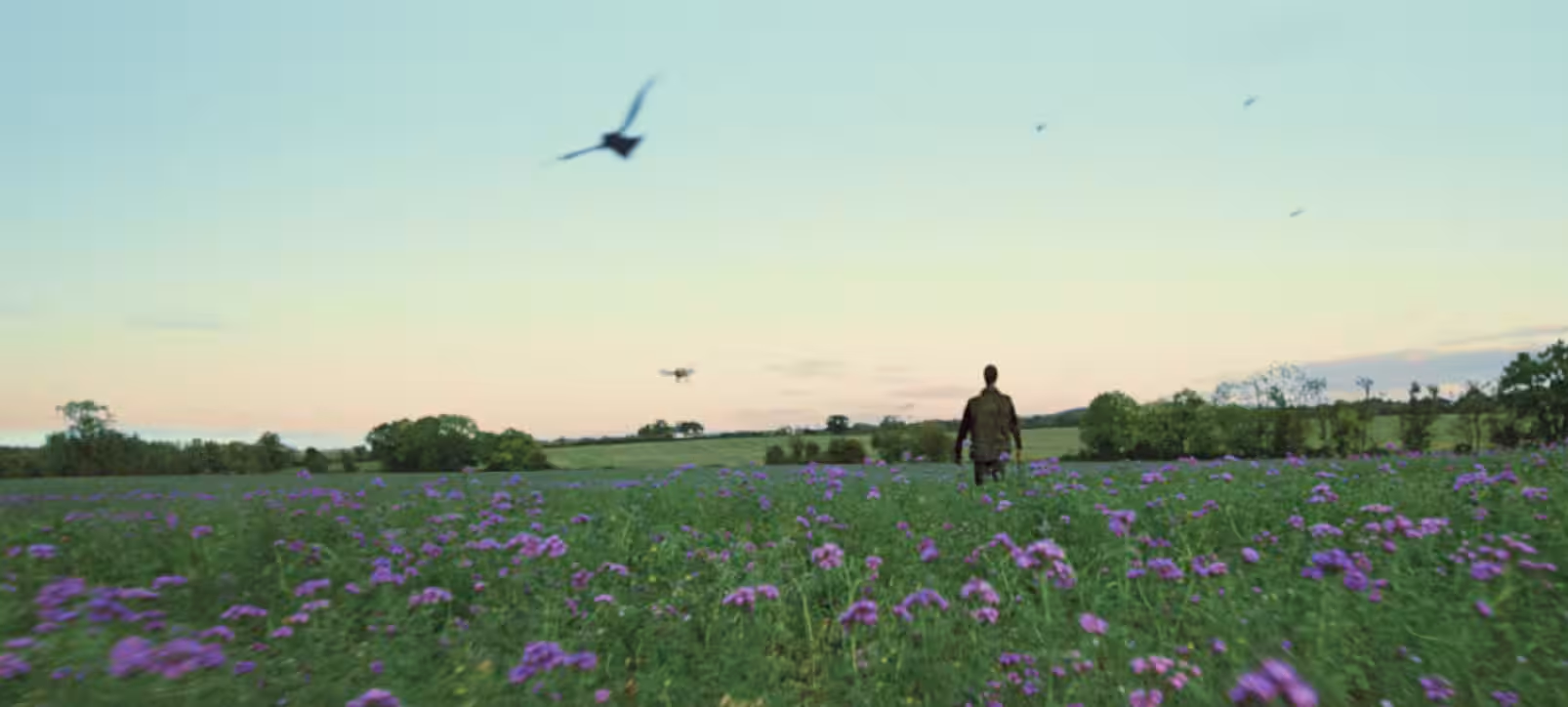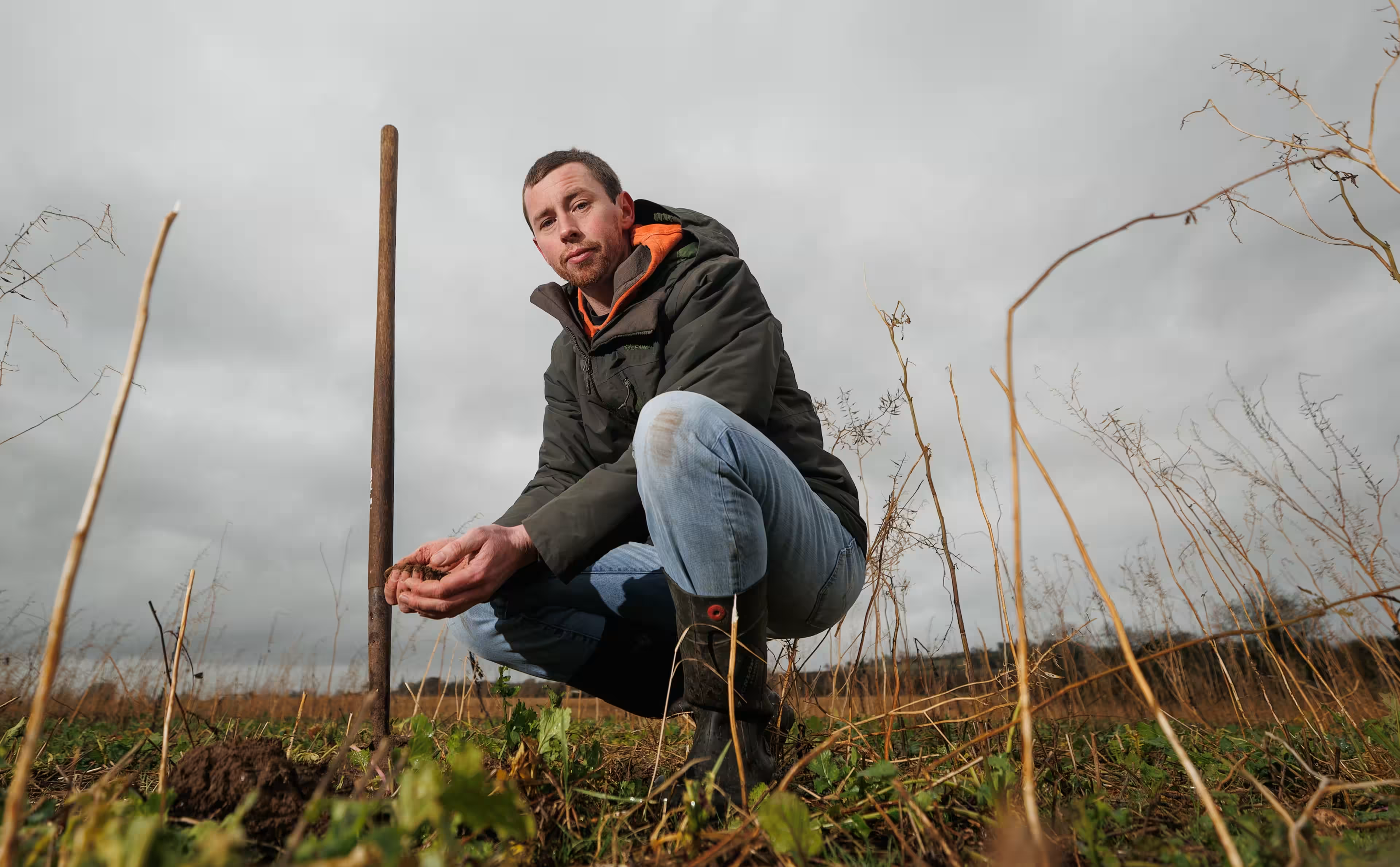REGENERATIVE FARMING IN IRELAND

THE FUTURE OF GUINNESS IS TAKING ROOT
As brewers and innovators, Guinness is committed to sustainability and preserving the natural resources on which we all depend. We are only 264 years into our 9,000-year lease at St James’s Gate and we will never settle in pursuit of a better, more sustainable future for all. We understand our responsibility to play our part in regenerating the productive landscapes and communities on which we depend. That’s why we’re undertaking the most ambitious regenerative farming project in Ireland.
WE'RE TURNING FARMING ON ITS HEAD
Regenerative agriculture is an approach to farming that works in harmony with the natural environment to put back more than it takes out.
USING THE POWER OF NATURE
With the intention of reducing the environmental impacts of barley production, among other key outcomes, we’re supporting barley farmers in this three-year project to explore and trial nature-based, sustainable farming practices.
WORKING WITH FARMERS
We are collaborating with Irish farmers to define the most effective regenerative agriculture practices that improve the health of barley, the soil and farmer livelihoods. 44 farmers are participating in the first phase, representing approximately 1,400 acres in six counties, including Kildare, Laois, Carlow, Kilkenny, Tipperary and Wexford.
A 3-YEAR PILOT TO ACHIEVE 5 KEY OUTCOMES
Working with Irish farmers, Guinness is defining regenerative farming practices tailored to the local and specific needs of Irish barley production. Our team includes our respected technical partners and agronomists to shape the design of this pilot and implement innovative practices.
OUR 5 MAIN GOALS
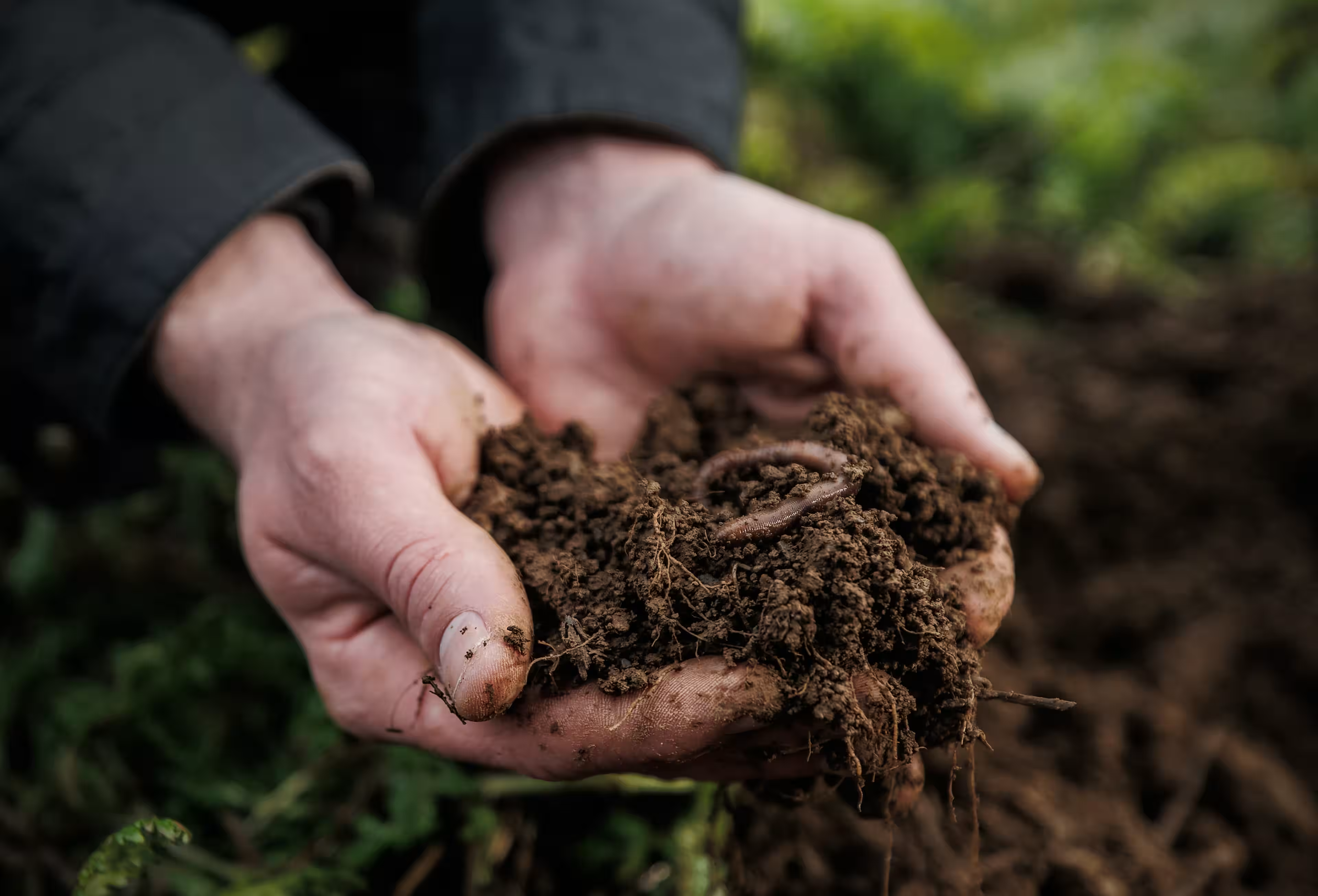
REGENERATE SOILS & SEQUESTER CARBON
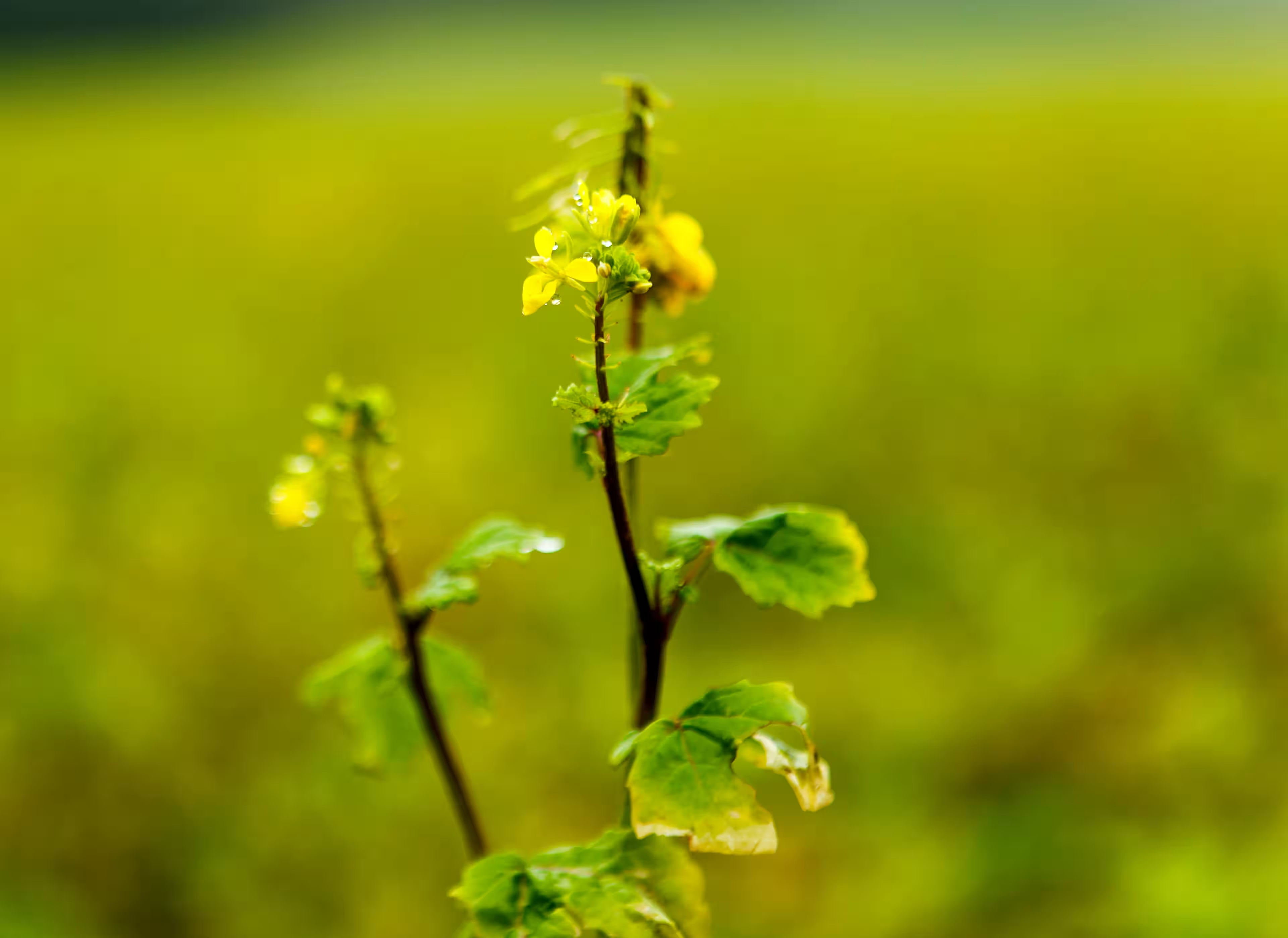
ENHANCE HABITAT BIODIVERSITY ON FARMS

REDUCE THE USE OF SYNTHETIC CHEMICALS

PROTECT OUR FARMER LIVELIHOODS

IMPROVE OUR IMPACT WATER QUALITY
OUR 5-STEP FARMING REGENERATION PLAN
1. Recruit farmers for our pilot project
We are working with 44 barley farmers from across Ireland to help realise our goal and support them on the transition towards regenerative agriculture.
2. Test & measure
We collect baseline data to measure the current carbon footprint of producing barley on the farm. This helps us understand which farming activities generate the most carbon emissions and what practical measures farmers can take to reduce them without compromising crop yield or grain quality.

3. Analyse & share results
The results will be shared with our supply chain partners and industry experts to encourage continued learning on best practice regenerative agriculture for barley production.

4. Set out a blueprint for innovation and change
With a wealth of data to back it up, our Guinness regenerative farming initiatives and practices can be tailored to get the most out of our crop with the least impact on the environment.

5. Scale up to a global solution
The pilot outcomes will provide a blueprint to inform scale-up opportunities, not just in Ireland but in other countries where Diageo sources raw materials to produce our products.
PROGRESS SO FAR


